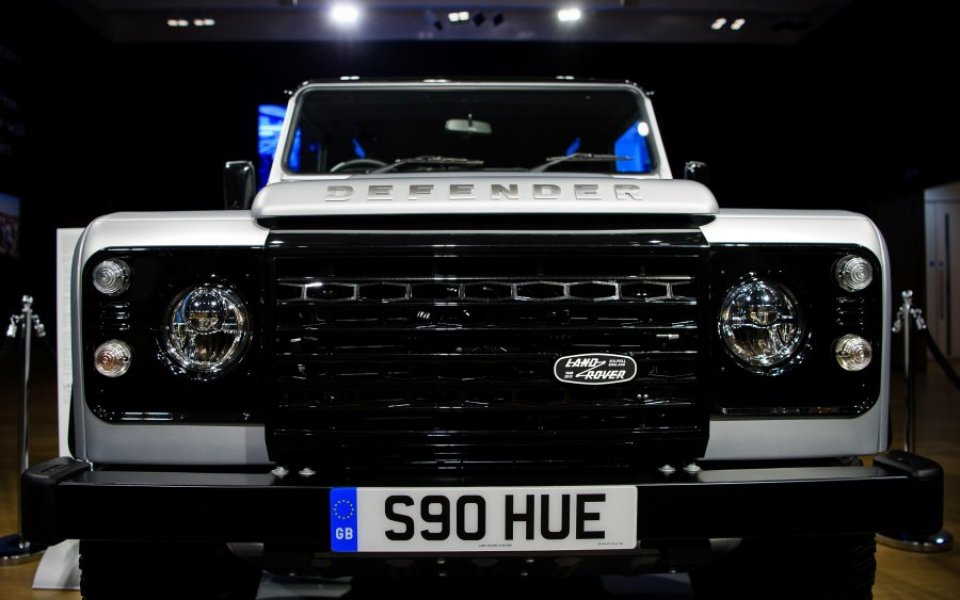The Land Rover Defender is gone, but the next great British success story is just waiting to emerge

The Land Rover Defender is a great example of UK manufacturing’s worldwide appeal. From the drawing table to the production line, UK manufacturers have a reputation for excellence, high standards, and iconic designs.
British manufacturing is not playing not to lose; it is playing to win.
The UK’s financial and legal services industries may contribute a far greater share of our GDP, but our manufacturing sector is responsible for expanding our brand overseas.
The last Land Rover Defender to be produced has just rolled off the Midlands production line in Solihull, after 67 years of being manufactured there. Coincidentally, this week India celebrated its 67th Republic Day after declaring independence from British rule, and it’s now an Indian company – Tata Motors – that owns Land Rover.
In India, Prime Minister Narendra Modi has the Make in India initiative with a target to increase manufacturing as a share of GDP, from 16 per cent to 25 per cent. In Britain, manufacturing is just 10 per cent of GDP, and we need to have a specific target to raise it. Export deals and inward investment must be raised, and I am confident that this will happen.
As chancellor of the University of Birmingham – which has a strong history of expertise in engineering – I was proud to launch the Midlands Engine initiative during a trip to India last month with Secretary of State Sajid Javid, highlighting the huge potential Birmingham has in aligning industry and education.
I have been familiar with the Land Rovers in India, where I grew up. While I was at Hebron boarding school in Ooty at 8000 feet above sea level, we used to travel along winding mountain roads in our school’s long wheelbase Land Rover Defender large enough to carry our school cricket team to away matches.
In 2008, Tata bought JLR for $2.3bn at a time when no one else wanted to buy the company. Now Tata’s JLR makes more profit per year than Tata paid for it, and the number of employees has doubled: this makes the brand a true British success story. The Defender is gone, long live JLR.
The story shows how the UK’s openness to business has benefited the nation on a larger scale: keeping the manufacturing sector alive, the regional economies growing and the economy balanced on the whole.
Inward investment creates jobs in cities with enormous potential – from Birmingham and Warwick to Sheffield and Newcastle – and lets us match our scientific capabilities, for which our world-class universities are often praised, with next-generation advanced manufacturing techniques and innovative new products.
Even if they may now belong to foreign investors, great British brands do not get diluted; they become far stronger. But today, manufacturing industries are at risk of an identity crisis, as growth stalls, exports waver and the industry edges closer to a mini-recession.
However, let’s remember what the industries are good at: keeping ‘Brand Britain’ visible throughout the world, where it is immensely popular – particularly in food and drink. The British export cheese to France, sausages to Germany, and multiple-award-winning Cobra Beer, manufactured in Burton-on-Trent, has been exported to 40 countries around the world. UK products can ‘Go Anywhere’, just like Land Rover’s sturdy 4×4 vehicles according to their famous slogan.
Given the love they receive in overseas markets, there is a real opportunity for manufacturing firms to make a greater contribution to UK growth.
As the last Land Rover comes off the production line, the next great British success story is out there, waiting to be discovered. Whether it is a Birmingham business or a Leeds firm, the UK can shout about its manufacturers and the world will listen.